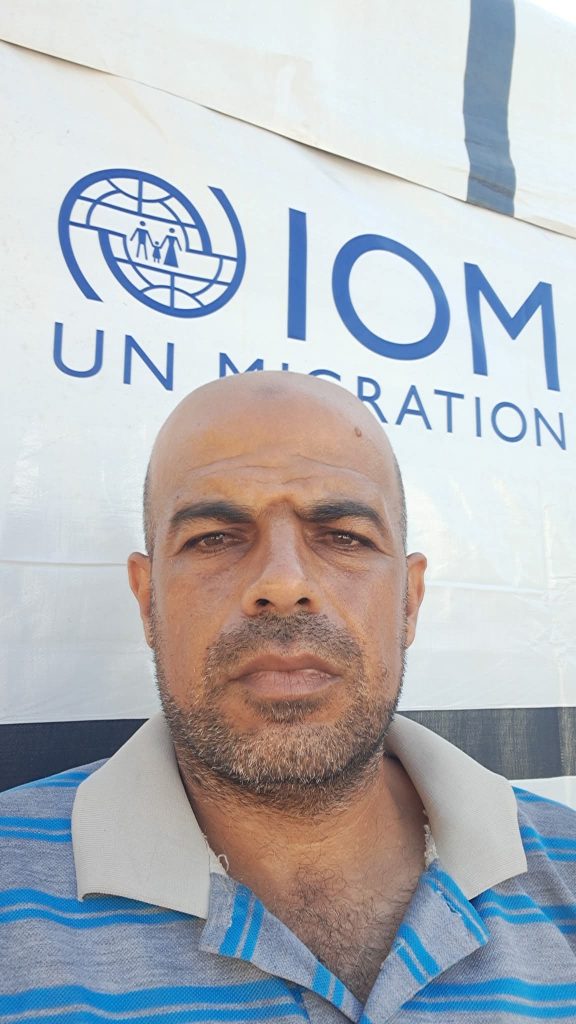The Importance of Using Text Analysis in the Artistic and Aesthetic Education of Primary School Students
Kokand University, Andijan Branch,
Primary Education Department
(Distance Learning),
Group 24-03, 2nd Year
• Azamova Kumushoy Akramjon qizi
Abstract:
This article thoroughly explores the importance of text analysis in the process of artistic and aesthetic education of primary school students. Through the analysis of literary works, students develop a sense of beauty, the ability to evaluate characters, and improve their speech culture. The use of methods such as question-and-answer, discussion, and role reading helps enhance students’ creativity and imagination. The article highlights the significance, methods, and practical opportunities of this process and justifies the role of artistic and aesthetic education in the educational system.
Keywords: artistic and aesthetic education, text analysis, primary school, creativity, speech culture.
Introduction
In the Republic of Uzbekistan, extensive reforms are being carried out to modernize the education system and bring it in line with contemporary standards. The decrees and resolutions of the President, decisions of the Cabinet of Ministers, and the principle of “New Uzbekistan begins at the doorstep of education” clearly demonstrate these reforms.
Particular attention is given to the primary education stage, as it plays a crucial role in shaping students’ spiritual maturity, aesthetic taste, and speech culture.
In recent years, a number of innovations have been introduced into primary education, including:
- development and gradual implementation of new curricula;
- organization of lessons through digital education platforms;
- establishment of professional development courses for primary school teachers;
- publication of new textbooks and manuals on literature and artistic-aesthetic education;
- promotion of reading culture through state programs and various literary activities.
All these reforms aim to help students acquire modern knowledge, moral education, and respect for national and universal values.
Educational activities based on literary texts strengthen such moral qualities as kindness, patriotism, and friendship. Primary education is an important stage in the formation of students’ moral integrity, aesthetic taste, ethical qualities, and personal worldview.
Through text analysis, students’ artistic perception expands—they learn to understand life phenomena more deeply and develop creative thinking as well as an aesthetic sense.
Working with literary texts promotes moral ideas such as friendship, compassion, patriotism, and diligence. This not only fosters independent thinking but also helps students develop the ability to make morally sound life decisions.
Therefore, teaching literary works and organizing text analysis in primary classes plays an invaluable role in students’ aesthetic development, psychological growth, and personal education.
Text analysis also serves as an important tool for improving students’ speech culture. By analyzing the behavior of characters, students form their own attitudes toward social events and gain a deeper understanding of honesty, justice, empathy, and indifference.
The main goal of modern education is not only to provide knowledge but also to nurture well-rounded individuals. In this regard, the use of text analysis in primary education is of great importance. Through artistic and aesthetic education, children develop not only creative thinking but also aesthetic appreciation, national pride, and moral sensitivity.
In teaching reading literacy, the communicative approach plays a key role. Since language primarily functions as a means of communication, interactive, activity-based, exploratory, and critical approaches are prioritized.
Methodological Foundations of Text Analysis
- Developing correct, fluent, expressive, and conscious reading skills through the analysis of literary content.
- Analyzing a work’s theme, idea, imagery, and stylistic devices plays an essential role in the student’s personal development.
- Understanding a text’s meaning based on students’ life experience is a key condition of effective text analysis.
Review of Related Literature
The issue of artistic and aesthetic education of primary school students has been widely studied in Uzbek and world pedagogy. Various scholars and methodologists have proposed effective ways to achieve educational and aesthetic goals through text analysis.
Abdulla Avloni, in his work “Turkiy Guliston yoki Axloq” (The Turkic Garden or Ethics), emphasized the inseparable connection between education and upbringing, especially the role of literary texts in instilling goodness and beauty in the young generation — a concept that remains relevant today.
Similarly, in I. A. Karimov’s book “High Spirituality is an Invincible Power,” the exceptional role of literature and art in nurturing spiritually mature youth is highlighted. Literary works, in particular, develop students’ sense of national pride and love for their homeland.
Modern Uzbek methodologists such as D. Makhmudova and O. Kochkarova have developed methods for working with texts in primary grades. Their research shows that the use of interactive methods significantly enhances students’ artistic and aesthetic taste.
Foreign educators, including Jean Piaget, in his theory of cognitive development, also confirmed that literary text analysis plays an essential role in shaping knowledge and values in children.
Main Part
In recent years, significant reforms have been carried out in Uzbekistan’s education system, especially in primary education. The policy based on the principle “New Uzbekistan – New Education” has been directed toward improving the quality of teaching and learning.
One of the most important innovations in primary education is the introduction of new state curricula, designed according to students’ age and psychological characteristics, aimed at developing independent thinking, creativity, and communication skills.
Furthermore, within the framework of the digital education concept, students are being taught computer literacy and the use of information technologies. Electronic resources, multimedia materials, and interactive platforms are actively integrated into lessons.
Improving teachers’ qualifications plays a key role in enhancing education quality. Professional training courses for primary school teachers now focus on modern pedagogical methods, STEAM technologies, and interactive approaches.
In addition, the inclusive education system is being widely implemented, ensuring equal learning opportunities for children with special needs and promoting social justice.
The new edition of the “Reading Literacy” textbook differs significantly from the previous versions. It contains engaging and age-appropriate materials aimed at developing reading, listening, speaking, writing, and grammar skills.
Analysis and Results
The primary school period is a decisive stage in a child’s personal development. During the research, text analysis sessions were conducted with students based on the tales “The Golden Melon” and “Zumrad and Qimmat.”
Through “The Golden Melon,” students learned to appreciate honesty, generosity, and loyalty, while understanding that greed and envy lead to negative consequences. The tale “Zumrad and Qimmat” strengthened positive traits such as modesty, kindness, and diligence.
Interactive activities such as drawing, dramatization, and expressive reading were included in the lessons. As a result, students’ speech culture, imagination, creative thinking, and aesthetic taste developed noticeably.
Artistic and aesthetic education thus fosters harmony in personal growth, laying the foundation for children to become spiritually mature, sensitive to beauty, and socially responsible individuals in the future.
Conclusion
In conclusion, the use of literary text analysis in primary education develops not only students’ reading skills but also their moral qualities, aesthetic sense, and creative thinking. Through the analysis of the tales “The Golden Melon” and “Zumrad and Qimmat,” students learn to distinguish between good and evil and to understand the importance of such human values as honesty, diligence, and compassion in real life.
Text analysis enables students to express their emotions, visualize artistic images, expand their vocabulary, and appreciate beauty. This process contributes to their spiritual maturity and positively influences their personal development.
Thus, literary text analysis is one of the most effective means of harmoniously developing moral and aesthetic education among primary school students.
References
- Hasanboeva, O., & Yo‘ldosheva, Sh. (2019). Boshlang‘ich ta’lim metodikasi [Methods of Primary Education]. Tashkent: O‘qituvchi.
- Karimova, D. (2021). Means of Aesthetic Education in Primary School Students. Education and Development Journal, (2), 55–60.
- Ministry of Public Education of the Republic of Uzbekistan. (2023). Reading Literacy Textbook (Grades 1–4). Tashkent: Sharq.
- Azizkhojayeva, N. (2020). Pedagogical Technologies and Pedagogical Skills. Tashkent: TSPU Press.
- Jalolova, N. (2020). The Educational Importance of Using Folk Tales in Primary School. Pedagogy and Innovations, (4), 72–78.



